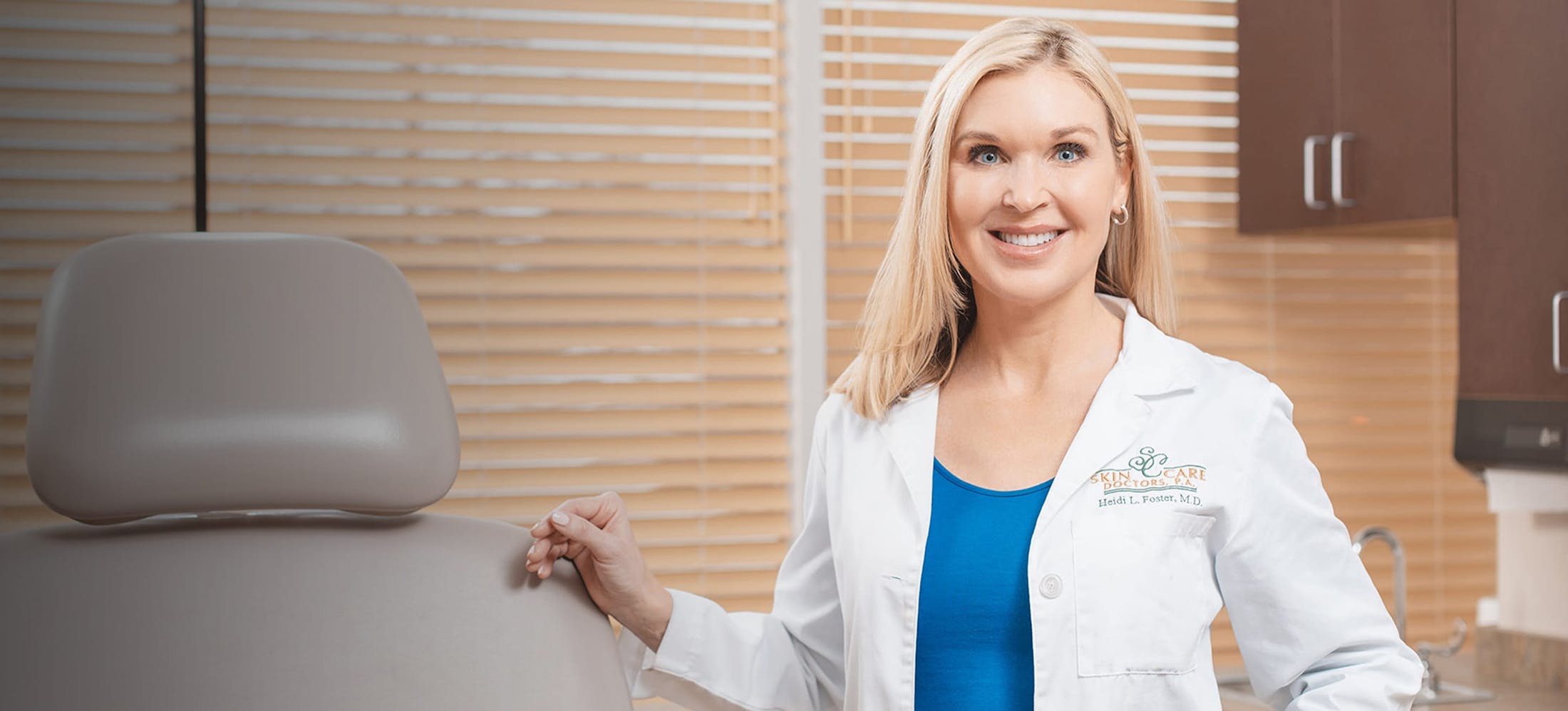Do you ever feel an irresistible urge to move your legs while you're sitting or lying down? Does this sensation keep you up at night? Restless legs can be a symptom of an underlying vein condition, and Spartz Vein can help you find relief.
Causes of Restless Legs
While restless legs can be caused by various factors, including genetics and certain medications, it can also be a symptom of venous disease. When the veins in your legs aren't functioning properly, it leads to poor circulation and pressure buildup that can trigger RLS symptoms. If you're experiencing restless legs syndrome, it's important to talk to your doctor about your symptoms and get a proper diagnosis. By addressing any underlying venous disease, you may be able to find relief from your symptoms and improve your overall quality of life.




